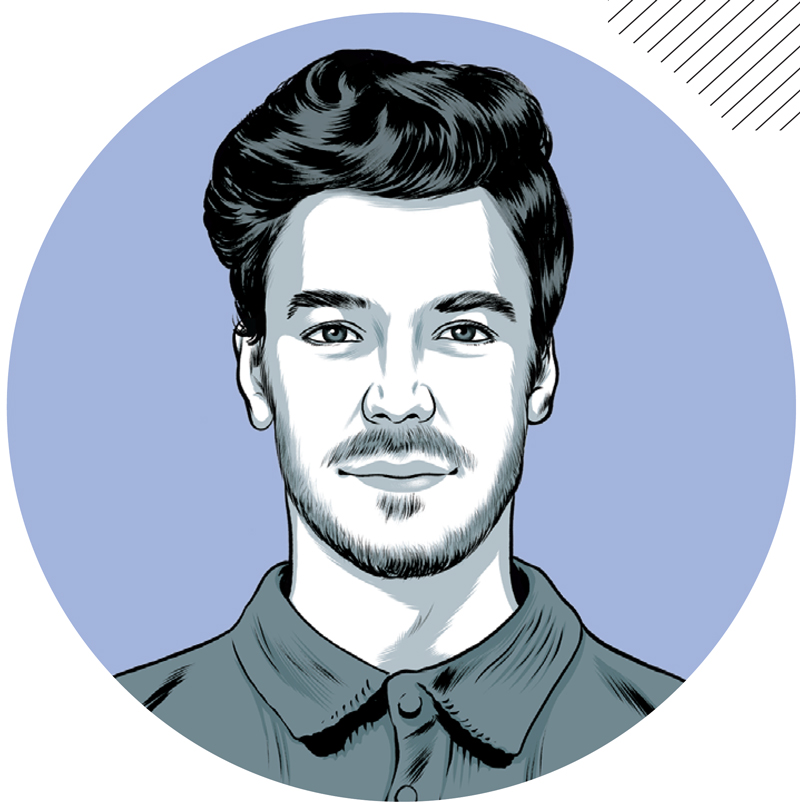Under the cover of fog, veterans, military personnel, researchers and advocates met in mid-October for the 2022 Canadian Institute for Military and Veteran Health Research (CIMVHR) forum in historic downtown Halifax.
It was the 12th annual forum and the first in-person one since the pandemic pause. Forum attendees discussed the latest in veteran health research and policy, and ways to address the most pressing health concerns facing veterans today.
The three-day event focused on topics ranging from culture change within the military, creating equality for women and minorities, best practices for treating post-traumatic stress disorder amongst veterans and the value of research based in lived experience.
The first day’s plenary panel set the tone. “We are not inclusive as an organization” stated Chief Warrant Officer Bob McCann, chief of professional conduct and culture for the Canadian Armed Forces. “So, does it affect our operational effectiveness? It absolutely does.”
Panel member and defence scientist Karen Davis suggested everyone needs to be “critically examining” what is thought to be true. “Let’s re-examine our [military history] and see if that history needs to be retold so we can set the conditions for the future.”
Presentations followed that examined and discussed the latest research regarding the promising outcomes of treating PTSD with substances such as cannabis and psilocybin—the psychoactive compound found in magic mushrooms—along with the importance of understanding how service members are affected by sexual trauma within the military.
The day concluded with a keynote address from defence scientist Stacey Silins on the importance of conducting research based in lived experience. This type of study allows scientists to find shared experiences through patterns in anecdotal samples. Qualitative research must go hand in hand with quantitative research said Silins.
So many of our veterans are keen to stay and age in place. So, what can we do to honour that?
The second day’s keynote speaker was Seileen Mullen, the United States Defense Department’s acting assistant secretary of defense for health affairs.
“We need to reinvest in research aimed specifically at women to address the gender differences,” said Mullen. “The return on investment is a healthier and more ready force and has a positive impact on recruitment and retention.”
Coincidentally, recruitment and retention were on the minds of many conference attendees given Canada’s military personnel crisis, which has left one in 10 CAF positions unfilled.
The final keynote speaker spoke about a small cohort of veterans: the elderly. Most Canadian veterans are actually younger than 65. However, Dr. Samir Sinha, director of geriatrics at Sinai Health said that we cannot forget older veterans who have unique medical needs. He said it’s our duty to ensure those who sacrificed for us can live out their lives with dignity.
“So many of our veterans are keen to stay and age in place. So, what can we do to honour that?” he asked rhetorically.
Another forum highlight was the announcement of the recipient of the $30,000 Royal Canadian Legion Scholarship in Veteran Health Research. It’s presented annually to a master’s student who is pursuing research related to veterans’ well-being.
This year’s winner was Martine Southall, a clinical psychology student at the University of Manitoba. Her research focuses on veterans diagnosed with PTSD and how the use of cannabis may affect their treatment. Her work will bolster the evidence available to professionals who prescribe medical marijuana to veterans, allowing them to better balance their treatments.
Dominion President Bruce Julian said the scholarship helps the Legion meet its goals of advocating for and serving veterans and improving their well-being.
“The Legion has been calling for the research into medical cannabis and we are very pleased,” said Julian. “Ultimately, Martine’s findings will improve treatment and the lives of veterans.”
Advertisement






















